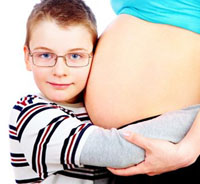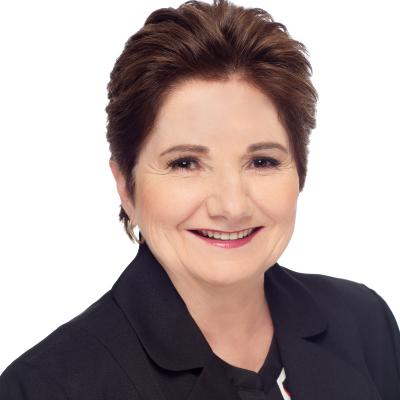FAQs
Frequently Asked Questions
What is Fetal Alcohol Spectrum Disorder?
This is a term describing a wide range of effects that can occur in an individual whose mother drank alcohol during pregnancy. These effects may include physical, mental, behavioral, and learning disabilities with life-lasting implications.
Is any trimester safe?
The adverse effects of alcohol on a fetus can occur in every trimester. There is no safe dose of alcohol in pregnancy, and there does not appear to be a safe period of pregnancy for drinking.
How Common is FASD?
The exact number of children who have an FASD is difficult to determine. Some experts estimate that approximately 40,000 babies in the USA may be born with a fetal alcohol spectrum disorder each year.
Can FASD Be Treated?
Fetal Alcohol Spectrum Disorder is irreversible. Physical defects and mental deficiencies typically persist for the child’s lifetime. However, early intervention services may help reduce some of the effects and may prevent some secondary disabilities.
Is FASD Hereditary?
Fetal alcohol syndrome is not hereditary. It is not currently known why some children are more likely to develop fetal alcohol disorder than other children if their mothers drank during pregnancy.
How is FASD Prevented?
FASD is 100% preventable. The only absolute way to prevent FASDs is to completely avoid alcohol use while pregnant. Damage can occur from prenatal alcohol exposure even during the earliest weeks of pregnancy.
I just found out I am pregnant. I have stopped drinking now, but I was drinking in the first few weeks of my pregnancy, before I knew I was pregnant. What should I do now?
If you drank any amount of alcohol while you were pregnant, talk with your child’s health care provider as soon as possible and share your concerns. Make sure you get regular prenatal checkups.
What is a “drink”? What if I drink only beer or wine coolers?
Go to the Information for Women page for a picture of the types of standard-sized drinks and the amount of alcohol they contain.
Is it okay to drink a little or at certain times during pregnancy?
FASDs are preventable if a woman does not drink alcohol during pregnancy.

I drank wine during my last pregnancy and my baby turned out fine. Why shouldn’t I drink again during this pregnancy?
If I drank when I was pregnant, does that mean my baby will have an FASD?
You may not know right away if your child has been affected. FASDs include a range of physical and intellectual disabilities that are not always easy to identify when a child is a newborn. Some of these effects may not be known until your child is in school.
There is no cure for FASDs. However, identifying and intervening with children with these conditions as early as possible can help them to reach their full potential.
Is it okay to drink alcohol if I am trying to get pregnant?
Alcohol use during pregnancy can also lead to miscarriage and stillbirth.
The best advice is to stop drinking alcohol when you start trying to get pregnant.
Can a father’s drinking cause harm to the baby?
However, the father’s role is important. He can help the woman avoid drinking alcohol during pregnancy. He can encourage her to abstain from alcohol by avoiding social situations that involve drinking. He can also help her by avoiding alcohol himself.







